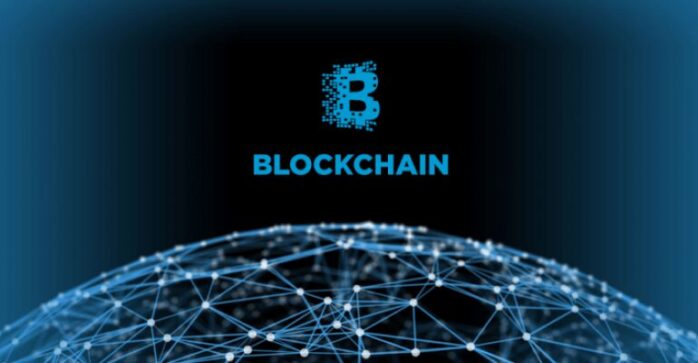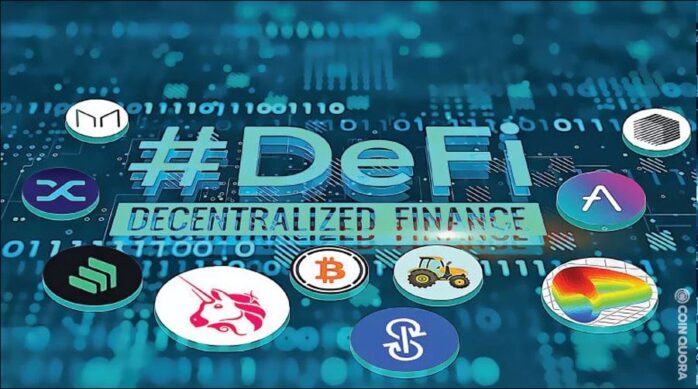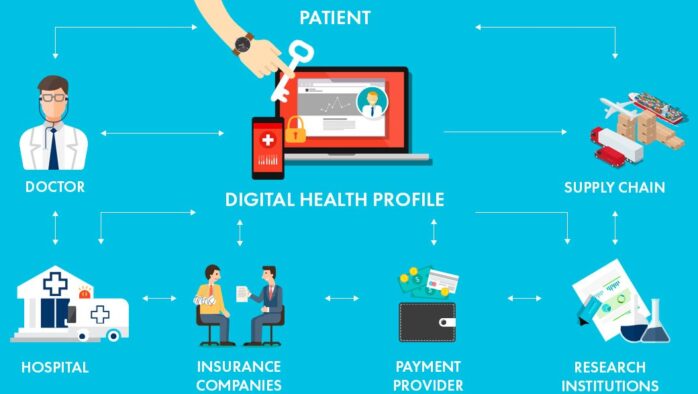
Blockchain technology has captured the imagination of technologists, entrepreneurs, and researchers alike. Its potential to revolutionize various sectors, from finance to healthcare, is immense. However, the journey from conceptual promise to tangible innovation hinges significantly on rigorous research. This article explores how blockchain research can be the catalyst for groundbreaking advancements and the broader implications of such innovations.
The Foundation of Blockchain Technology

Stefan Matthews says that at its core, blockchain is a decentralized ledger that records transactions across multiple computers. This architecture ensures transparency, security, and immutability, making it a robust foundation for numerous applications. Initial blockchain research focused on the mechanics of this technology, primarily through the development of Bitcoin. However, as the technology has matured, research has expanded into new areas, uncovering innovative applications and addressing existing limitations.
Enhancing Security and Privacy
Security and privacy are paramount in the digital age. Blockchain technology, with its decentralized nature, offers significant advantages in these areas. However, ongoing research is crucial to fortify these benefits. For instance, quantum computing poses a potential threat to current cryptographic methods used in blockchain. Researchers are developing quantum-resistant algorithms to safeguard blockchain networks against future threats. Additionally, privacy-enhancing technologies, such as zero-knowledge proofs, are being explored to allow transactions to remain confidential while still being verifiable.
Scalability Solutions

One of the most significant challenges blockchain technology faces is scalability. As the number of users and transactions increases, so does the demand on the network, leading to slower processing times and higher fees. Research in this area is exploring various solutions, such as sharding and off-chain transactions, to enhance the scalability of blockchain networks. Sharding involves splitting the blockchain into smaller, more manageable pieces, while off-chain transactions move certain processes outside the main blockchain to reduce congestion.
Interoperability Between Blockchains
As blockchain technology proliferates, numerous networks have emerged, each with its unique protocols and functionalities. The lack of interoperability between these networks limits their potential. Research is focused on creating bridges between different blockchains, enabling them to communicate and interact seamlessly. This would allow assets and data to move freely across various platforms, unlocking new possibilities for innovation and collaboration.
Smart Contracts and Automation
Smart contracts are self-executing contracts with the terms directly written into code. They automate and enforce agreements without the need for intermediaries. While smart contracts have already begun to transform industries like finance and real estate, research is pushing the boundaries further. Advanced smart contracts could automate more complex processes and integrate with external data sources, leading to the creation of decentralized autonomous organizations (DAOs) and more sophisticated decentralized applications (dApps).
Decentralized Finance (DeFi)

Decentralized finance, or DeFi, is one of the most exciting developments in the blockchain space. By leveraging blockchain technology, DeFi aims to recreate traditional financial systems in a decentralized manner, offering services like lending, borrowing, and trading without intermediaries. Research in this area is driving innovation, exploring new financial instruments, improving liquidity mechanisms, and enhancing security protocols. The goal is to create a more inclusive and transparent financial ecosystem accessible to anyone with an internet connection.
Supply Chain and Provenance
Blockchain’s ability to provide an immutable record of transactions makes it ideal for supply chain management. By tracking products from origin to final destination, it can enhance transparency, reduce fraud, and improve efficiency. Research is delving into how blockchain can be integrated with other technologies, such as the Internet of Things (IoT) and artificial intelligence (AI), to create intelligent and responsive supply chains. These innovations can help businesses respond to changes in demand, optimize inventory management, and verify the authenticity of products.
Healthcare and Data Management

In healthcare, blockchain research is addressing critical issues related to data management and interoperability. Patient records can be securely stored and shared on a blockchain, ensuring data integrity and accessibility while protecting patient privacy. Additionally, it can facilitate clinical trials by providing transparent and tamper-proof records of research data. Researchers are also exploring how blockchain can be used to streamline the pharmaceutical supply chain, combating counterfeit drugs and ensuring the authenticity of medications.
Governance and Voting Systems
The decentralized and transparent nature of blockchain technology makes it an ideal candidate for improving governance and voting systems. This tech can ensure the integrity of voting processes, prevent fraud, and increase voter participation by providing a secure and transparent platform. Research in this area is exploring various voting mechanisms and their implementation on a blockchain to enhance democratic processes. These advancements could lead to more secure and accessible elections, both at the governmental and organizational levels.
Environmental Sustainability
Blockchain technology has the potential to contribute to environmental sustainability efforts. For instance, it can be used to create transparent and accountable systems for tracking carbon credits and other environmental assets. Research is also exploring how blockchain can support renewable energy trading, enabling peer-to-peer energy exchanges and optimizing the distribution of renewable resources. By providing a transparent and immutable record of environmental data, blockchain can help ensure that sustainability initiatives are credible and effective.
Education and Credentialing
In the education sector, blockchain can revolutionize how academic credentials are issued, stored, and verified. By placing degrees, certificates, and other qualifications on a blockchain, institutions can provide tamper-proof records that are easily verifiable by employers and other entities. Research is also examining how blockchain can support lifelong learning by tracking individuals’ educational achievements and skills development over time. These innovations can help bridge the gap between education and employment, ensuring that individuals have the skills needed for the future workforce.
Social Impact and Humanitarian Efforts
Blockchain technology can also drive social impact and support humanitarian efforts. By providing transparent and accountable systems for tracking donations and distributing aid, blockchain can help ensure that resources reach those in need. Research is exploring how blockchain can be used to support identity management for refugees and other vulnerable populations, providing them with secure and portable records of their identity and personal history. These innovations can help protect human rights and improve access to essential services.












